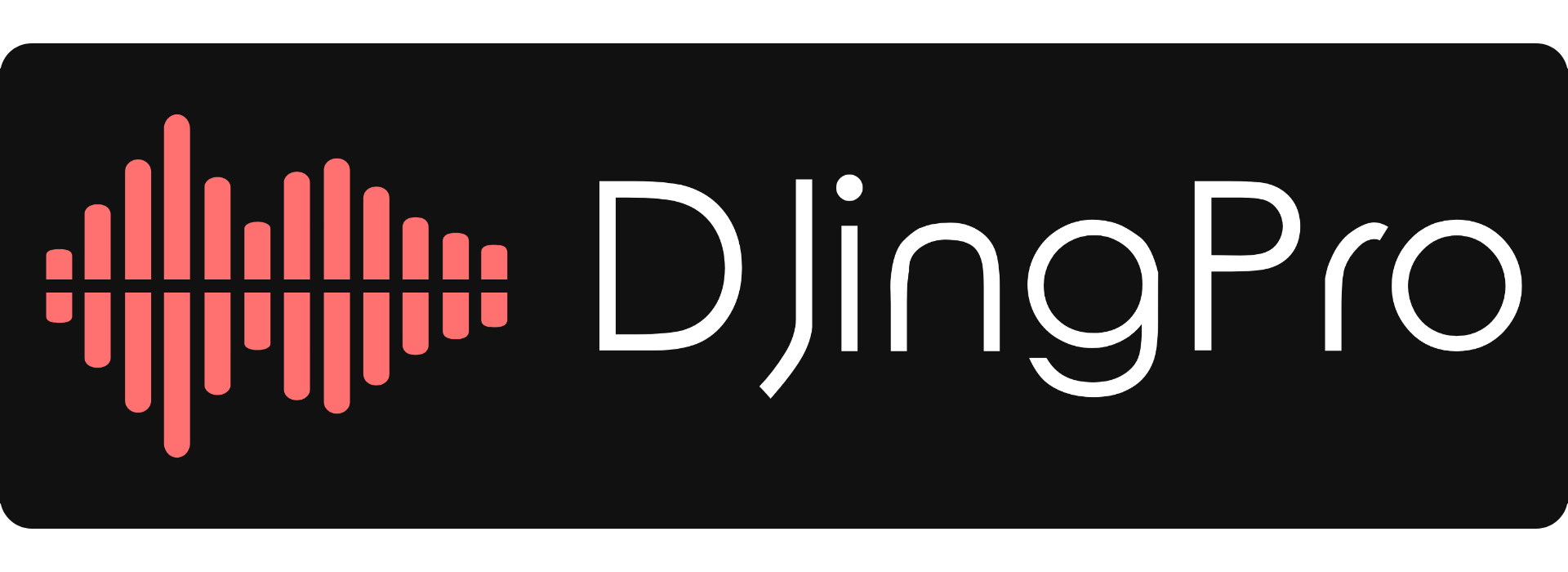As you start down your DJ path, you’ll be bombarded with information from all sources. How do you know what’s important and what’s not? Today, we’ve put together 10 of the most important skills we think every new DJ should learn.
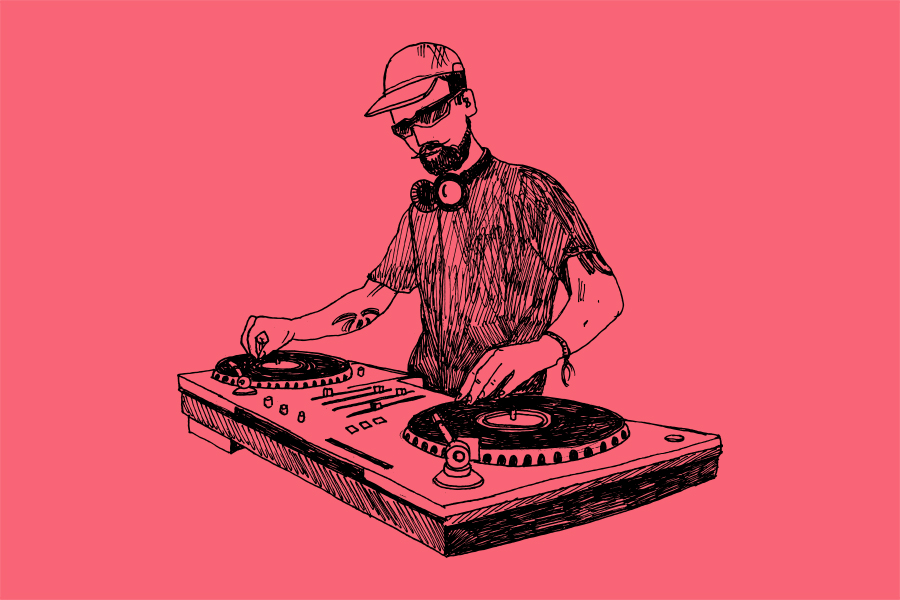
Beatmatching
This is perhaps the most important skill any beginner can learn. Learning to properly beatmatch without BPM displays, parallel waveforms, or automatic beat sync can not only build your understanding of music theory but also could save your set.
If a beat grid is misanalyzed, the only way to match it is by hand. Besides, being able to manually beatmatch is a beneficial skill. It greatly helps boost your understanding of music theory and can help train your ears to pick out every detail from your sets.
Being able to comfortably beatmatch old-school will come in handy more times than one can count, and winds up to be enjoyable for many as well.
Scratch Basics
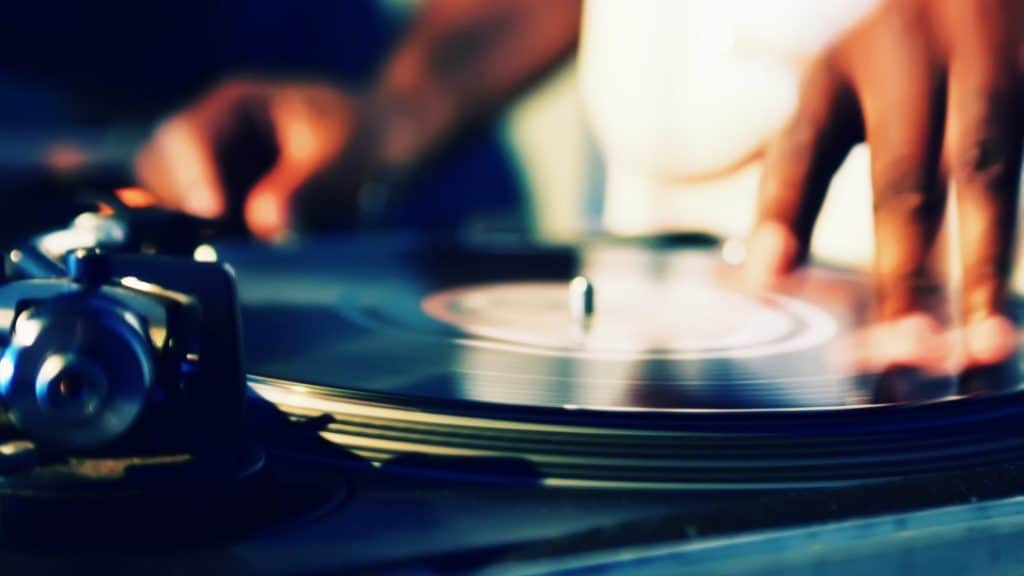
While not every jockey utilizes scratching in their sets, learning basic scratch theory and a few different techniques can help widen your perspective as a DJ. Not only will throwing a few cuts in every few bars on the occasional song thrill an audience, but having the dexterity to scratch will greatly aid you in being able to perform fast transitions.
Scratching is also quite fun, and is incredibly useful for mixing genres such as hip-hop.
Different-Genre Mixing
While even the best DJs have their specialties, no respectable jockey can refuse to play a genre at a party. If person after person constantly begs you to play a specific genre, you don’t get the luxury to say “sorry, I only spin techno” as a pro.
This also applies to DJs who don’t have plans on going pro as well. Challenging yourself with new types of music can broaden your perspective and help bolster your skills.
It will also help expand your music library which is never bad. Besides, you may discover a new genre you particularly enjoy spinning.
Different Event Types
This applies more to DJs who plan on going pro. One of the best things you can do to help boost your skills, confidence, and credibility is to learn to play at different types of events.
If you are particularly interested in being a club jockey, it can help to learn to play house parties and vice versa. Different events require different music selection, mixing techniques, and overall vibe. Most block-party attendees aren’t interested in the newest underground deathstep drops, whereas avid club ravers would wrinkle their noses at continuous pop remixes.
Having at least a basic idea of how different events work and how to play for them can help you become more versatile and familiar with music.
Vinyl Mixing
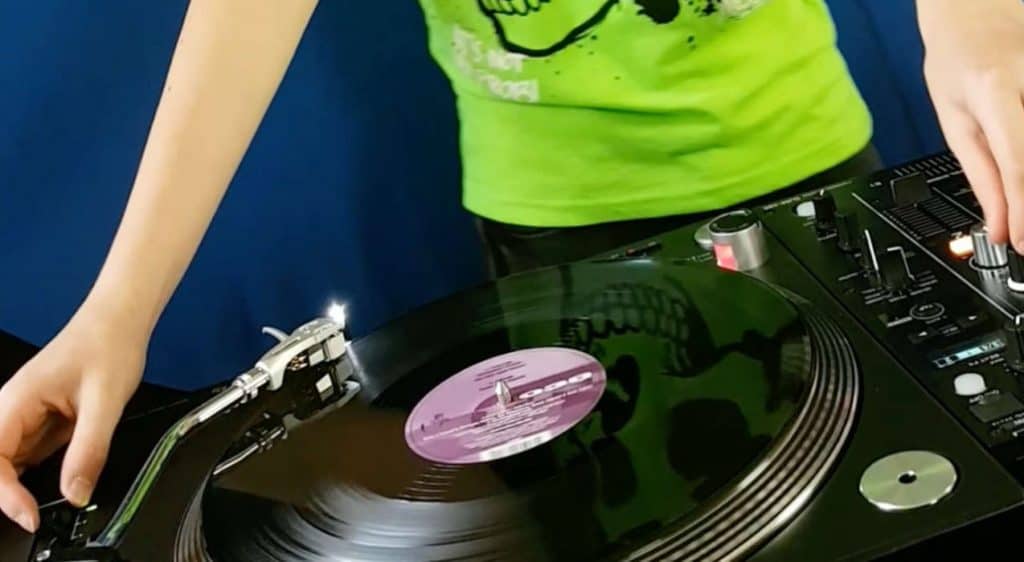
While there’s no denying the convenience and power of modern digital setups, there’s something unique about mixing old-school wax. All unnecessary niche features are gone. There are no loops and hot cues for avoiding mistakes.
Beatmatching must be done 110 percent manually. If a DJ knows how to play vinyl, they can likely mix on anything, which is one of the most helpful skills anyone can develop.
Besides, vinyl offers superior scratch control, which is why it still is used today by battle DJs.
Multi-Deck Mixing
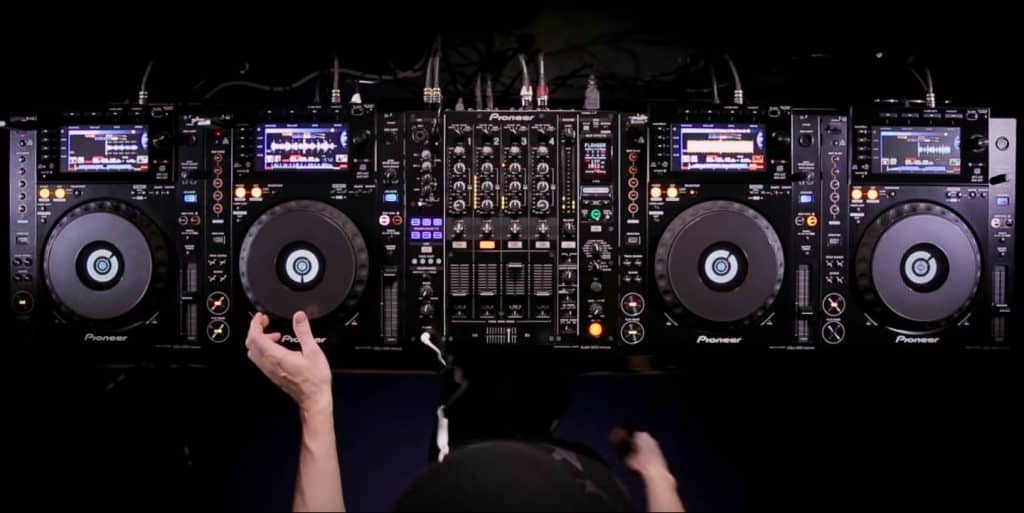
Most DJ controllers in 2020 are capable of four-deck control. The use of more than two decks in your sets can be one of the most challenging but most rewarding skills a DJ can use. By incorporating a third or fourth track into your mixes, your mixes can become much more interesting to the listener.
Live Performance
Many popular DJs out there incorporate some form of live performance, whether it be mashups, live drumming, or turntablism into their sets. Practicing using sequencers, acapellas, and FX chains can help your performances sound more unique and thus more fun to listen to. Live performance can also boost your dexterity and understanding of music theory.
Planning Ahead In Sets
Being able to think ahead several tracks can greatly help the flow of your performances. Having a finite plan for the next few minutes prevents a lot of mess-ups and can keep you out of tough spots. Many pro DJs use this strategy to give them more time to come up with transition ideas and keep them out of trouble.
Energy Cycles
The theory of “Energy Cycles” is a conceptually simple but tremendously powerful idea: the alternation of lower and higher energy tracks in twenty-to-thirty minute cycles. These “cycles” provide ideal opportunities for crowds to take a break from dancing and buy drinks or rest, which is tremendously important. If you only play high-energy tracks in your sets, your crowd will tire quickly. If you only play lower-energy tracks, they will get bored.
Music Production
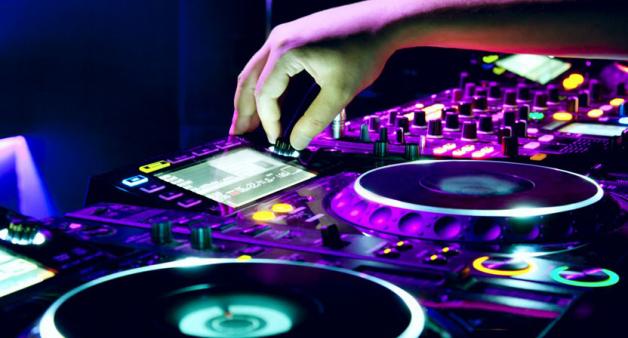
Perhaps the best way to improve your understanding of harmonics and music theory is to try your hand at music production. The skills developed from DJing can help production and vice versa. Music production is also one of the best things you can do for your DJ brand, provided it is taken seriously.
All of these techniques are fantastic ways to learn more as a beginner DJ. They can help improve your theory, technique, or music selection. They can all be very fun challenges, and will make you a more well-rounded DJ and musician.
